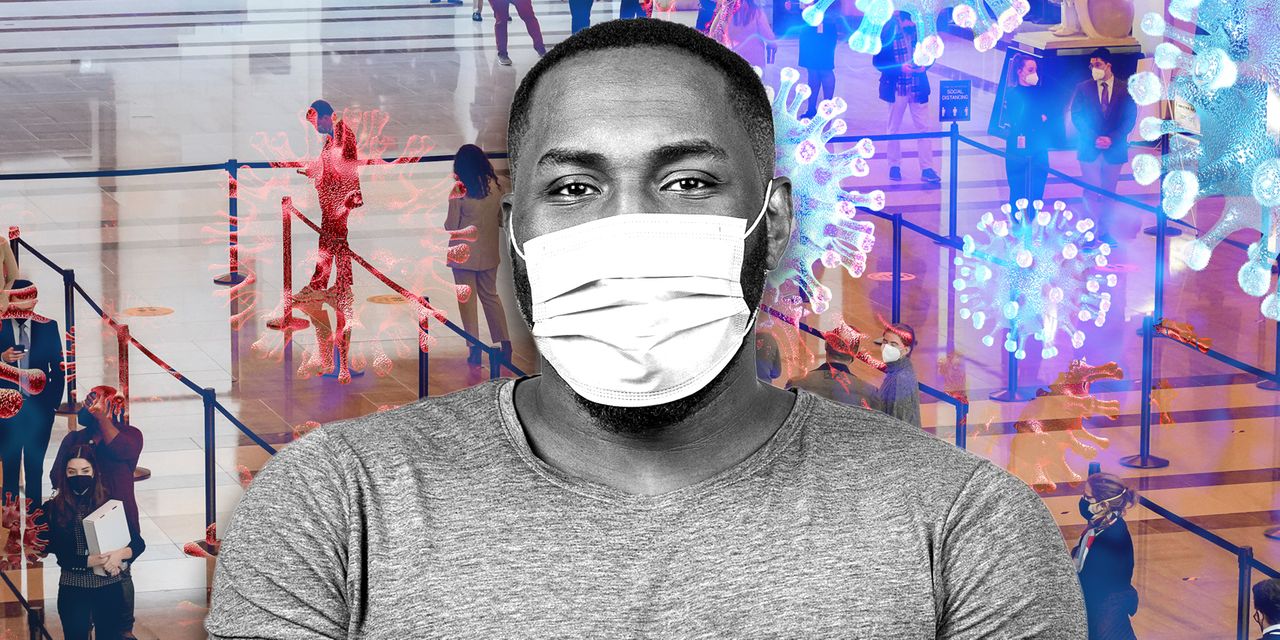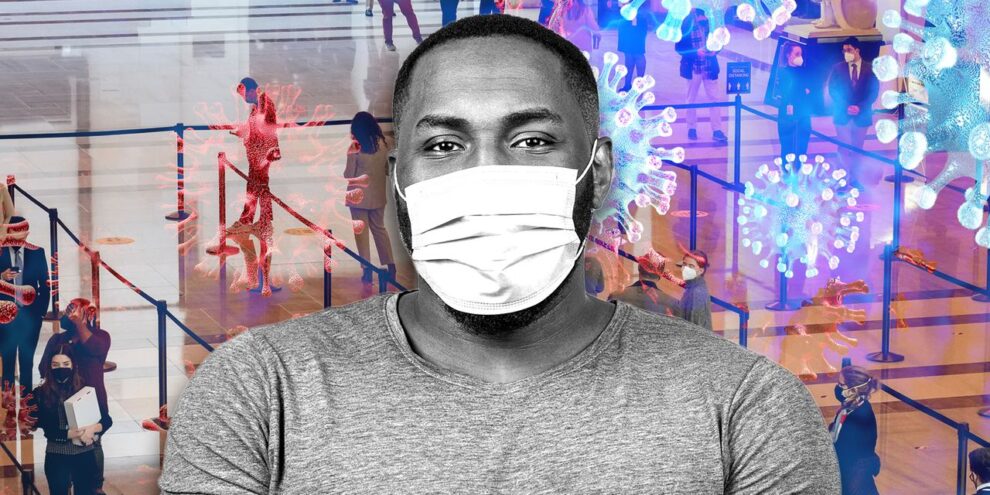
COVID has left an indelible imprint on Americans. Nowhere is that more evident than in the workplace. Smart companies must learn the lessons of this pandemic so they can prepare for the one that comes next.
As much as we would like to put the virus behind us, that’s simply not possible. The good news is the U.S. labor market made great progress in the past year. Across all industries, we are seeing a surge in job postings, record low unemployment rates, and historically high levels of workers changing jobs and careers. These trends are creating new opportunities for workers.
The same trends that are benefiting workers are creating new challenges for employers as they struggle to draw in new employees and keep current ones.
Two years of working through the pandemic have given talent new perspectives, and the Great Resignation is giving them new opportunities to align their work with their personal priorities and values. For millions of workers, if their current employer isn’t giving them what they want, they have a historic opportunity to find another that will.
What should employers do now to ensure they can attract, recruit and retain workers in this environment? It comes down to safety, flexibility, skills and (of course) compensation. In this business environment, addressing these factors can give smart companies a leg up over their competition.
It starts with safety. While many Americans view returning to the office as a sign of normalcy, they remain anxious about workplace health and safety measures. Three-fourths of American employees polled listed workplace safety as their top concern in 2021.
Employers cannot allow this anxiety to linger. Companies that want to keep and compete for talent in this climate must adopt clear and enforceable workplace policies and safety standards. They should examine the physical workspace for ways to maintain safety and ensure that office-cleaning procedures are thorough and frequent.
Employers should also make sure that building ventilation and other shared systems are up to date. Simple measures like providing masks and hand sanitizer continue to help mitigate the transmission of disease. This all must be strictly enforced and clearly communicated from top management.
Even if employees feel safe at work, they are still demanding flexibility from employers. Millions of Americans have settled into remote work routines and a better work-life balance. This can challenge a company’s efforts to build a cohesive workplace culture and ensure accountability.
Companies must recognize that the pandemic has changed employees’ work mindset and adapt accordingly by offering a hybrid work option. Smart employers should also commit to addressing the skills gap from within. Workers increasingly say they need to develop new skills to remain competitive and they are looking to their employers to help identify and fill those professional development needs. At the same time, many employers are struggling to fill needs in key areas.
Upskilling or reskilling current workers will start to close that gap while also allowing career growth and advancement. Such opportunities are key to attracting new employees and retaining current ones.
Finally, workers are demanding — and finding — jobs that increase their compensation. Randstad’s recent 2022 Salary Guide showed that wages for in-demand positions in key industries are rising at staggering rates. For example, wages in engineering are rising as much as 19% as investments in infrastructure and addressing climate change boost the demand for engineers.
To be competitive in the post-pandemic world, companies must face these challenges head on. This is the new reality that employers must accept for the foreseeable future.
Karen Fichuk is CEO of HR staffing and solutions firm Randstad USA.
More: The No. 1 reason American workers quit their job has nothing to do with the COVID-19 pandemic
Also read: Two years of COVID-19: How the pandemic changed the way we shop, work, invest and get medical care









